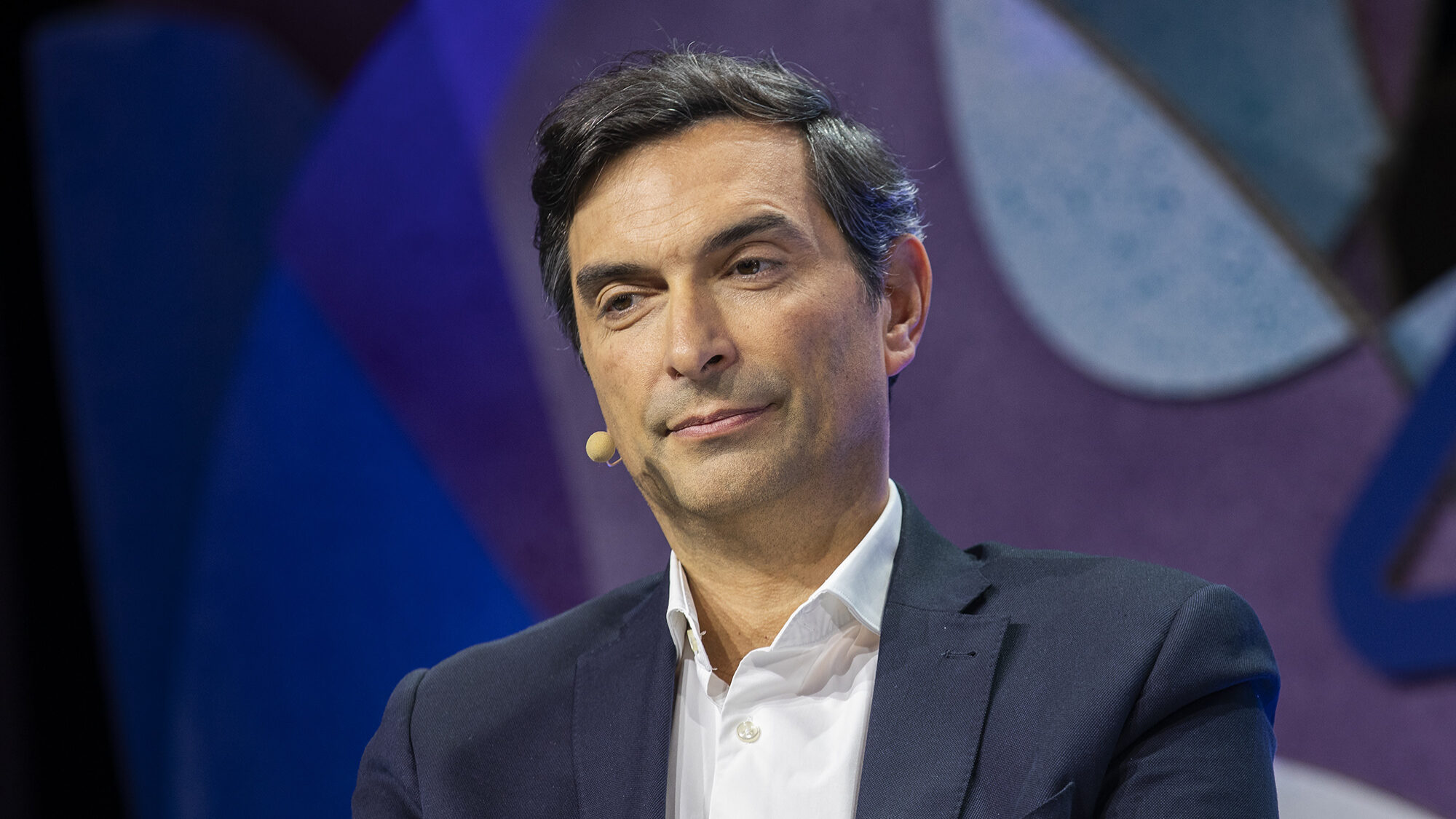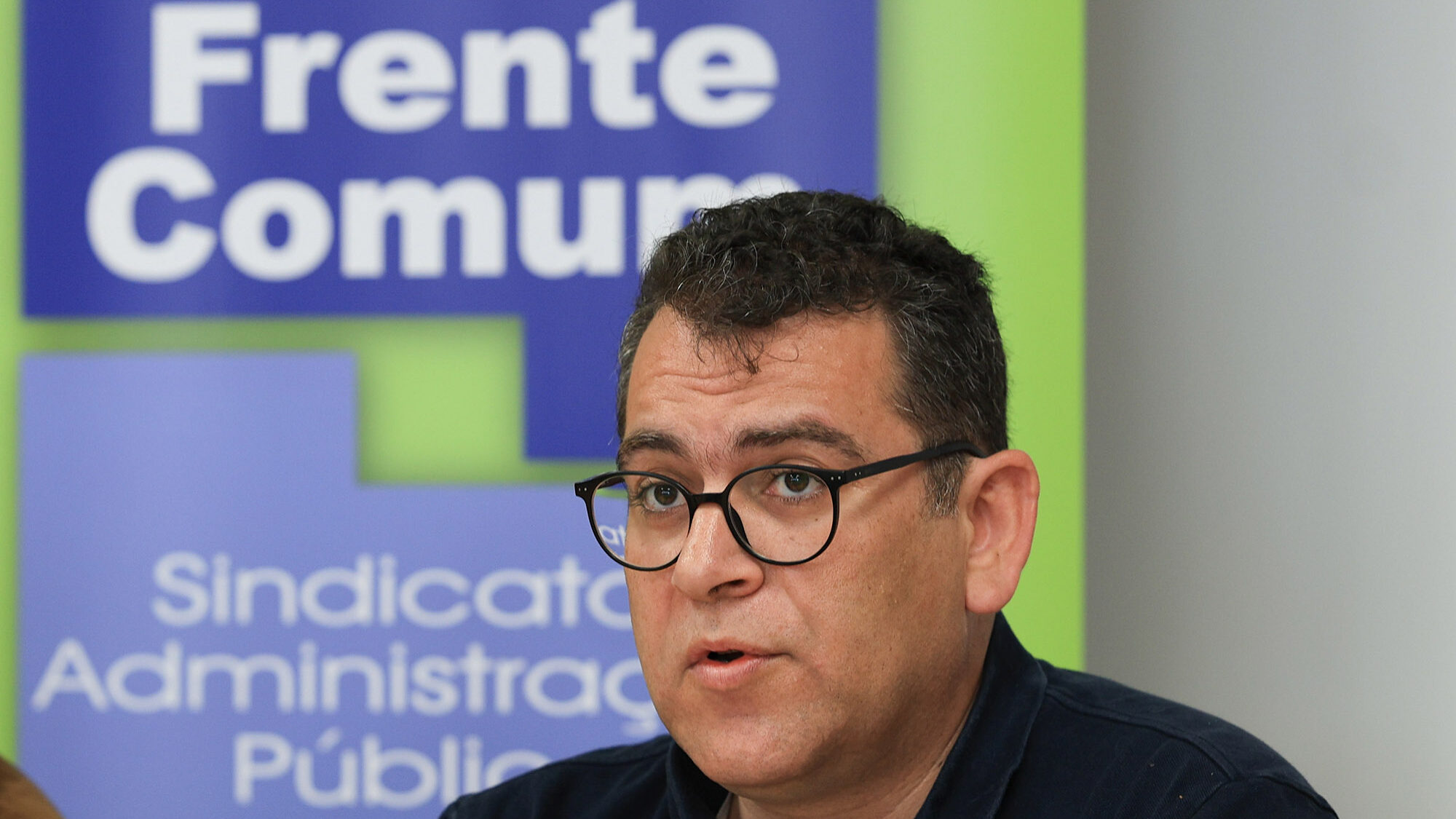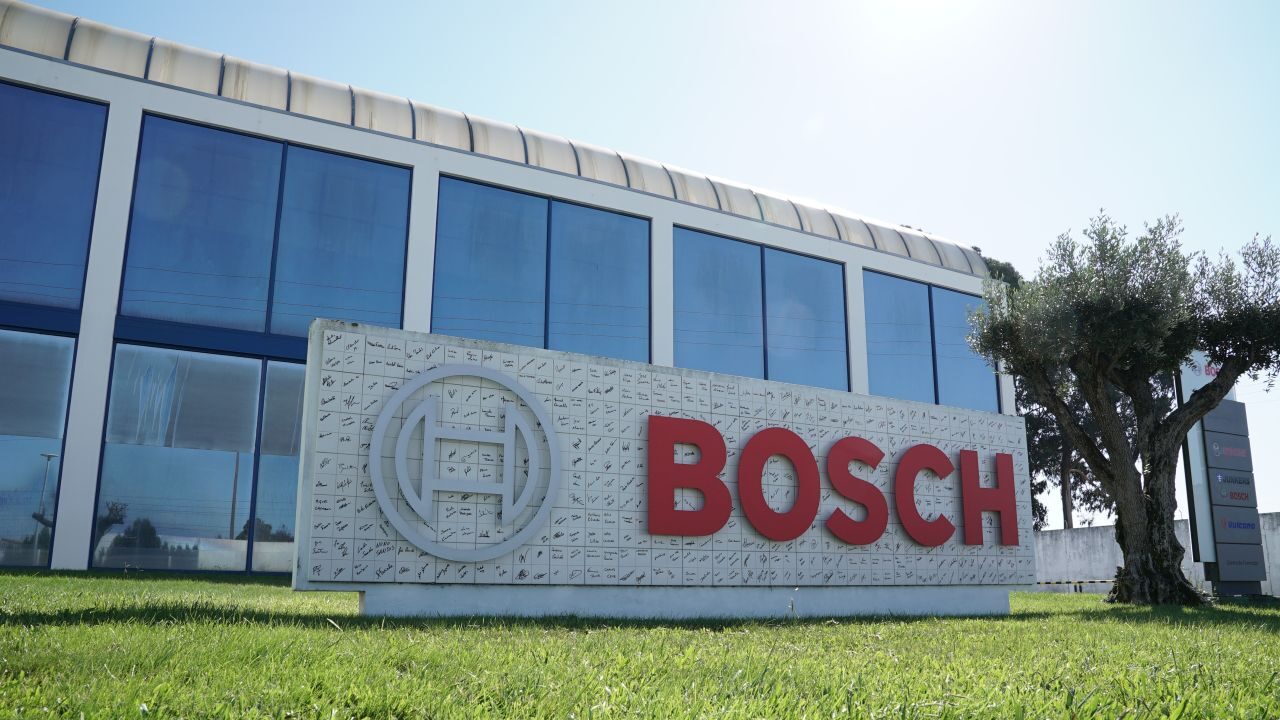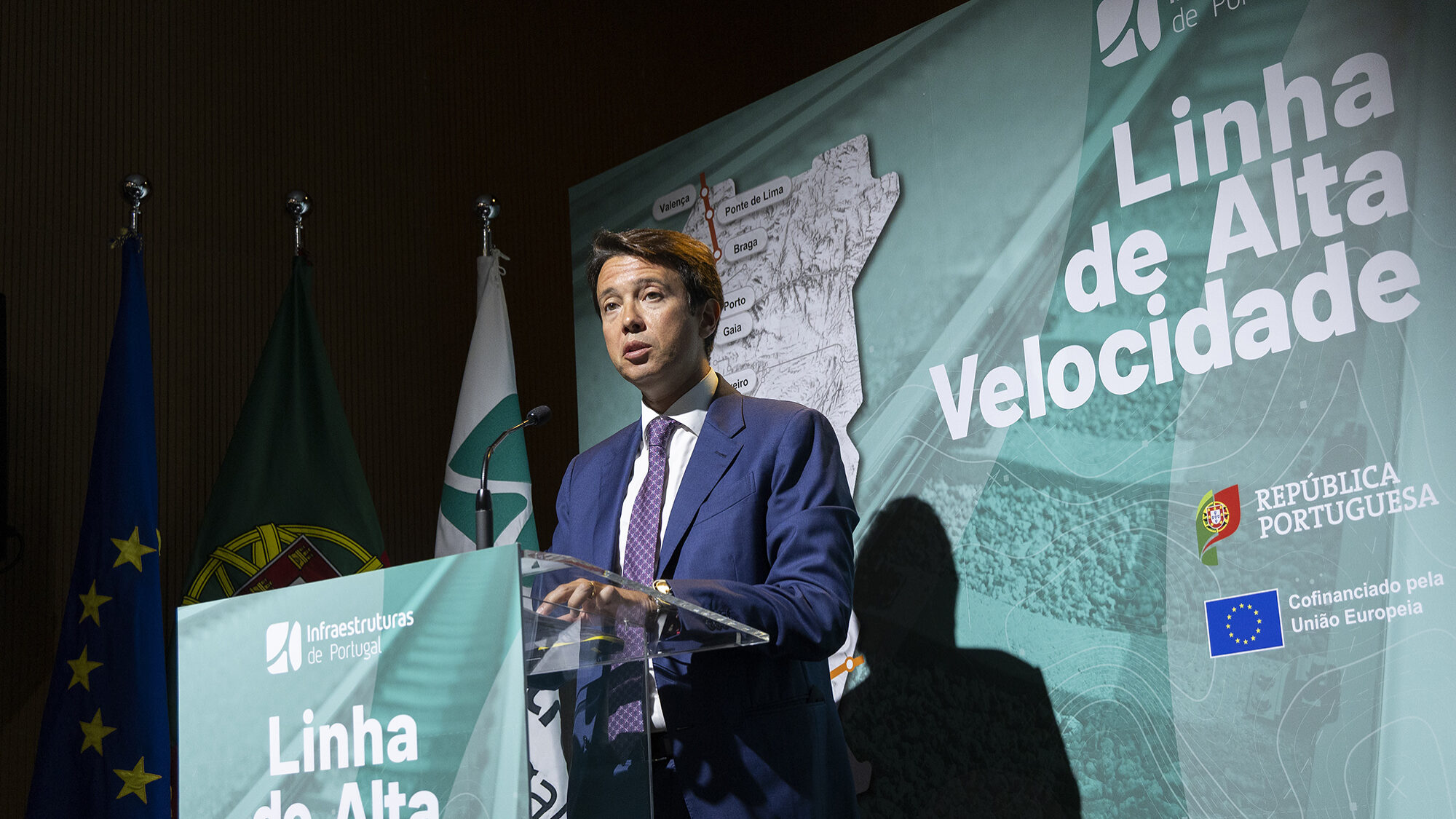Novobanco process “is a success story, against all odds”
Now that Novobanco has found a new owner, Carlos Costa, the governor who led the resolution of BES in 2014, takes stock of the process.
More than ten years ago, in the summer of 2014, the Bank of Portugal applied a resolution measure to Banco Espírito Santo (BES), created Novobanco and initiated a process that recently came to an end with the sale of the institution to the French BPCE. Carlos Costa, who was head of the central bank at the time, now takes a very positive view of a case that caused much debate and cost Portuguese taxpayers and other banks in the system billions of euros.
For the former governor, the outcome must be positive, despite the financial costs incurred. He explains: “A transition bank is a very difficult operation that requires great commitment. It is very difficult to explain to the public, because they do not understand that a capital injection has a return, in terms of public goods — which is financial stability and confidence — that is much higher than the money injected and, therefore, it is always an operation that faces great opposition and scepticism.”
In an exclusive interview with ECO, Carlos Costa recalls that this solution was not imposed from outside, but rather the opposite, since at the time there were more voices calling for outright liquidation – which, in his view, would have had much higher costs at all levels. “It is a success story because, against all odds, i.e. against what the majority wanted at European level, a transitional bank was created.”
Now that the contingent capital mechanism has ended and Novobanco even has a new owner, the former head says that the process “ended well and is a lesson in many ways”.
“It is a lesson from the point of view of financial stability, because the contagion of bankruptcy in one financial institution to others was avoided. There was no loss of confidence in the system, the level of accounts remained stable and, on the other hand, importantly, lending to the economy also remained stable because the institution that succeeded it maintained and even increased its presence in the business fabric”, he explains.
And now that the bank’s employees are also demanding a bonus — similar to what will happen with the management — Carlos Costa leaves them with a word of recognition: “In the case of this operation, there is one aspect that needs to be addressed, which is the fact that Novobanco’s employees rose to the challenge. The management, of course, but also the employees, who believed in the project and saw it through to a successful conclusion.”
Lone Star left the bank with a strong capital gain, after practically exhausting the contingent capital mechanism, but the former governor points out that other institutions — including some with a presence in the Portuguese market — had the opportunity to take it over, but did not want to.
“We had a conclusion to the process that proves right those who believed in the transition bank, proves right those who believed in Novobanco and invested their effort and trust and continued to work with the bank, and finally proves right the intermediate buyer who appeared and believed. Obviously, it had the advantage that the asset it bought had appreciated in value, but the asset was available to anyone who wanted to buy it, and there were others who did not want to buy it because they did not want to pay that price”, he concludes.
During the process of Lone Star’s sale of Novobanco, there was talk of several alleged interested parties, such as CaixaBank, Caixa Geral de Depósitos (CGD) and Santander, but Carlos Costa even sees an advantage in the profile of the buyer, BPCE. “The sale was at a price that compares very well with European multiples. And the purchase is made by an institution that fits well into Novobanco’s market niche, SME lending, and a geography that allows it to offset, shall we say, the effects of any specific shocks in a given country.”
And his opinion is not only based on the geographical aspect, of it being a French bank and not one that would increase our market’s dependence on Spanish capital. The final solution “has a management philosophy that we do not have in our market, except in a minority of cases, which is that of a cooperative bank. Therefore, it can be a good stimulus in itself to believe that a cooperative bank is also as agile and capable as a traditional commercial bank.”




